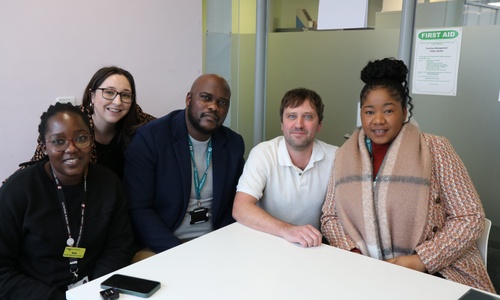
News & Views

For CandidatesFor Clients
Navigating Political Talk at Work: A Guide for Employees and Employers
With so much happening in the world, political conversations are becoming more common at work. This blog explores how both employees and employers can approach them thoughtfully — balancing openness with respect and professionalism.
For Clients
Making Workplaces Sustainable
Discover simple, practical ways to make your business more sustainable — without breaking the bank. From renewable energy to green travel incentives, here’s how to build a workplace that’s better for people and the planet.

For Clients
Education Recruitment Starts Now: Making the Most of Summer
Summer might seem quiet in education, but it’s a key time for planning, retention, and recruitment. This blog explores why acting early can save last-minute stress—and how schools and colleges can use the summer to support staff, prevent burnout, and attract top talent for September.

For Clients
Recruitment with Purpose: Supporting Social Workers from South Africa to Somerset
Learn how Morgan Hunt’s International Social Worker Recruitment Programme is helping Somerset Council address workforce shortages. See how we provide end-to-end support for social workers from Southern Africa.

For Clients
Rebuilding Education: What September 2025 Could Look Like
With a new government in place, September 2025 could mark a turning point for UK education. From funding and sustainability to inclusion and staff wellbeing, here's what schools and colleges should prepare for—and hope for—in the year ahead.

News
Morgan Hunt Becomes Members of Employers Domestic Abuse Covenant (EDAC) to Support Victims of Domestic Abuse
Morgan Hunt is proud to join the Employers Domestic Abuse Covenant (EDAC), a commitment to supporting victims of domestic abuse through enhanced recruitment practices and workplace awareness.

For ClientsDiversity & Inclusion
How to Support Employees During Ramadan
Discover 10 ways to support Muslim employees during Ramadan, from flexible working to fostering an inclusive workplace.
